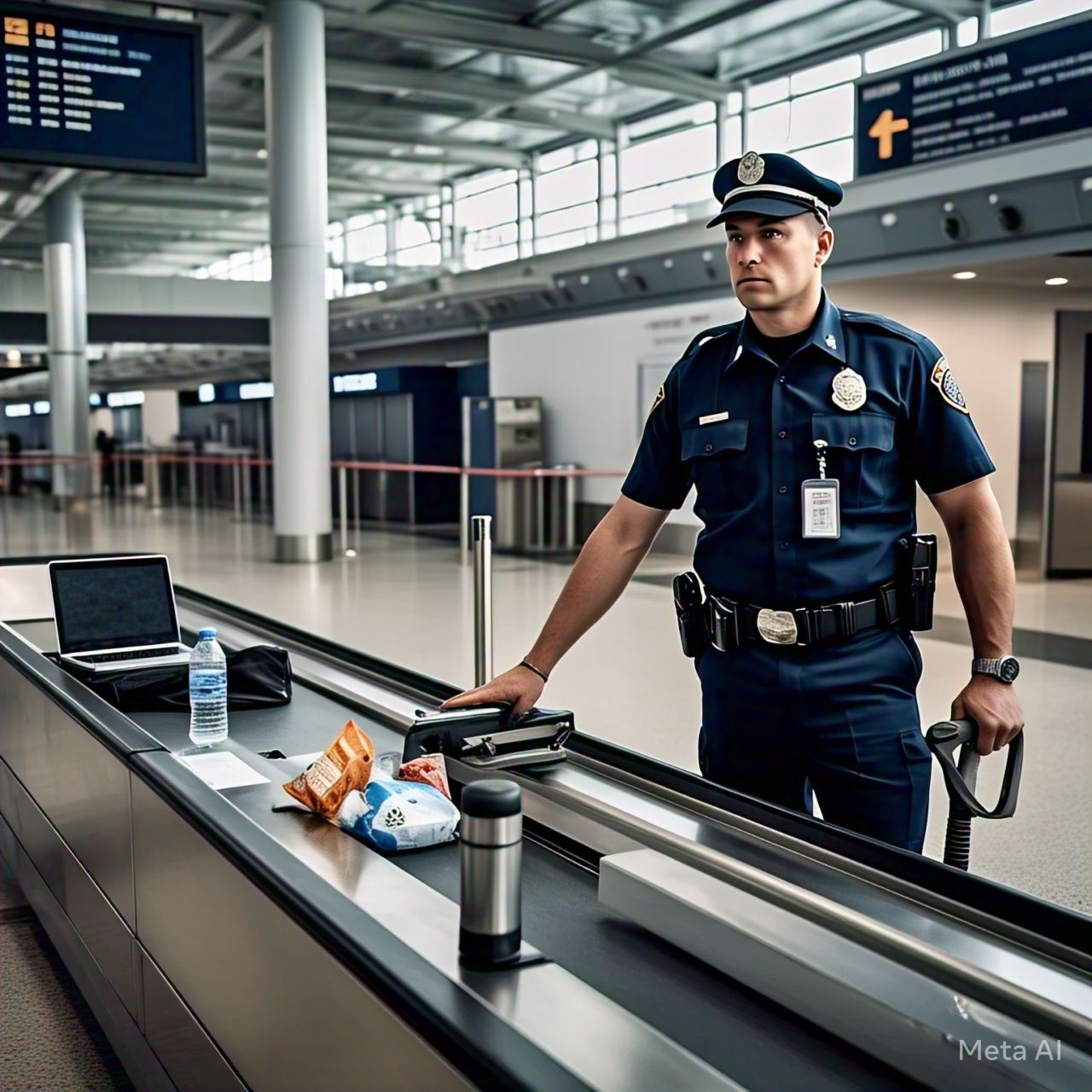
The Role of Security Guards in Airport Security
Introduction
Airport security is a crucial aspect of the travel industry, ensuring the safety of passengers, staff, and infrastructure. Among the key personnel maintaining this security are security guards. These professionals play a significant role in preventing threats, managing emergencies, and ensuring a smooth airport experience. Their presence not only deters potential threats but also instills confidence in travelers.
Importance of Security Guards in Airports
Security guards are the first line of defense against threats such as terrorism, smuggling, and unauthorized access. They monitor airport premises, enforce security protocols, and collaborate with law enforcement agencies. Their vigilance helps prevent incidents that could disrupt airport operations.
Passenger Screening and Baggage Inspection
One of the primary responsibilities of airport security guards is screening passengers and inspecting baggage. They ensure that no prohibited items enter secure areas. By using advanced scanning equipment and manual checks, security guards help detect potential threats before they become a risk.
Controlling Access to Restricted Areas
Airports have restricted zones that require strict access control. Security guards verify credentials, monitor entry points, and prevent unauthorized individuals from accessing sensitive areas such as runways, control towers, and baggage handling zones.
Handling Security Threats and Emergencies
Security guards are trained to handle various threats, including bomb threats, suspicious activities, and medical emergencies. Their quick response can prevent potential crises and ensure passenger safety. They coordinate with law enforcement and emergency services to manage critical situations effectively.
Crowd Management and Public Safety
Airports witness high foot traffic, especially during peak travel seasons. Security guards help manage crowds, direct passengers, and ensure orderly movement within the airport. Their role in controlling large gatherings and preventing stampedes is crucial to maintaining safety.
Surveillance and Monitoring
With the help of CCTV cameras and advanced security systems, airport security guards monitor activities in real-time. Surveillance allows them to identify suspicious behavior, track lost items, and prevent security breaches before they escalate.
Preventing Smuggling and Illegal Activities
Smuggling of prohibited items, including drugs, weapons, and contraband, is a significant concern at airports. Security guards work closely with customs officials to identify and prevent illegal activities. Their presence at baggage checkpoints and boarding gates plays a vital role in crime prevention.
Assisting Passengers and Providing Information
Beyond security duties, guards assist passengers by guiding them to terminals, helping with lost luggage, and providing general information. Their presence ensures a stress-free experience for travelers, enhancing customer satisfaction.
Coordination with Law Enforcement Agencies
Security guards collaborate with police, immigration officers, and customs officials to enforce laws and airport regulations. Their joint efforts help maintain a secure and lawful environment within airport premises.
Vehicle Inspections and Parking Security
Security guards oversee airport parking areas, checking vehicles for suspicious items and ensuring only authorized vehicles enter designated zones. This prevents unauthorized access and enhances overall airport security.
Protecting Airport Infrastructure
Airports house critical infrastructure, including communication systems, fuel storage, and cargo facilities. Security guards safeguard these assets from vandalism, sabotage, and unauthorized access, ensuring uninterrupted operations.
Cybersecurity Awareness and Threat Prevention
As airports rely heavily on digital systems, security guards receive training to identify potential cybersecurity threats. They monitor access to secure computer networks and report suspicious activities that may compromise data security.
Ensuring Compliance with Airport Regulations
Strict regulations govern airport operations, and security guards ensure compliance with these rules. They enforce policies related to luggage restrictions, passenger conduct, and safety protocols to maintain order within the airport.
The Future of Airport Security and Evolving Roles
With technological advancements, the role of airport security guards continues to evolve. The integration of AI-based surveillance, biometric verification, and automated security checks enhances their effectiveness in preventing threats.
Conclusion
Security guards play an indispensable role in ensuring airport security. Their vigilance, quick response, and coordination with law enforcement agencies contribute to a safe and smooth travel experience. To enhance airport security, professional services like security solutions provide trained personnel to handle security challenges effectively.
FAQs
1. Why are security guards important in airports?
Security guards prevent threats, manage emergencies, and ensure passenger safety by monitoring and enforcing security protocols.
2. How do security guards handle suspicious passengers?
They observe behavior, conduct screenings, and, if necessary, coordinate with law enforcement for further investigation.
3. What equipment do airport security guards use?
They use metal detectors, X-ray scanners, CCTV surveillance, and communication devices to enhance security measures.
4. Can security guards detain passengers?
Yes, they can detain individuals engaging in suspicious or unlawful activities until law enforcement arrives.
5. How do security guards help during emergencies?
They assist in evacuations, provide first aid, and coordinate with emergency services to manage critical situations.
6. How does technology enhance the role of security guards?
Advanced surveillance systems, biometric scanning, and AI-based monitoring improve the efficiency and effectiveness of security operations.